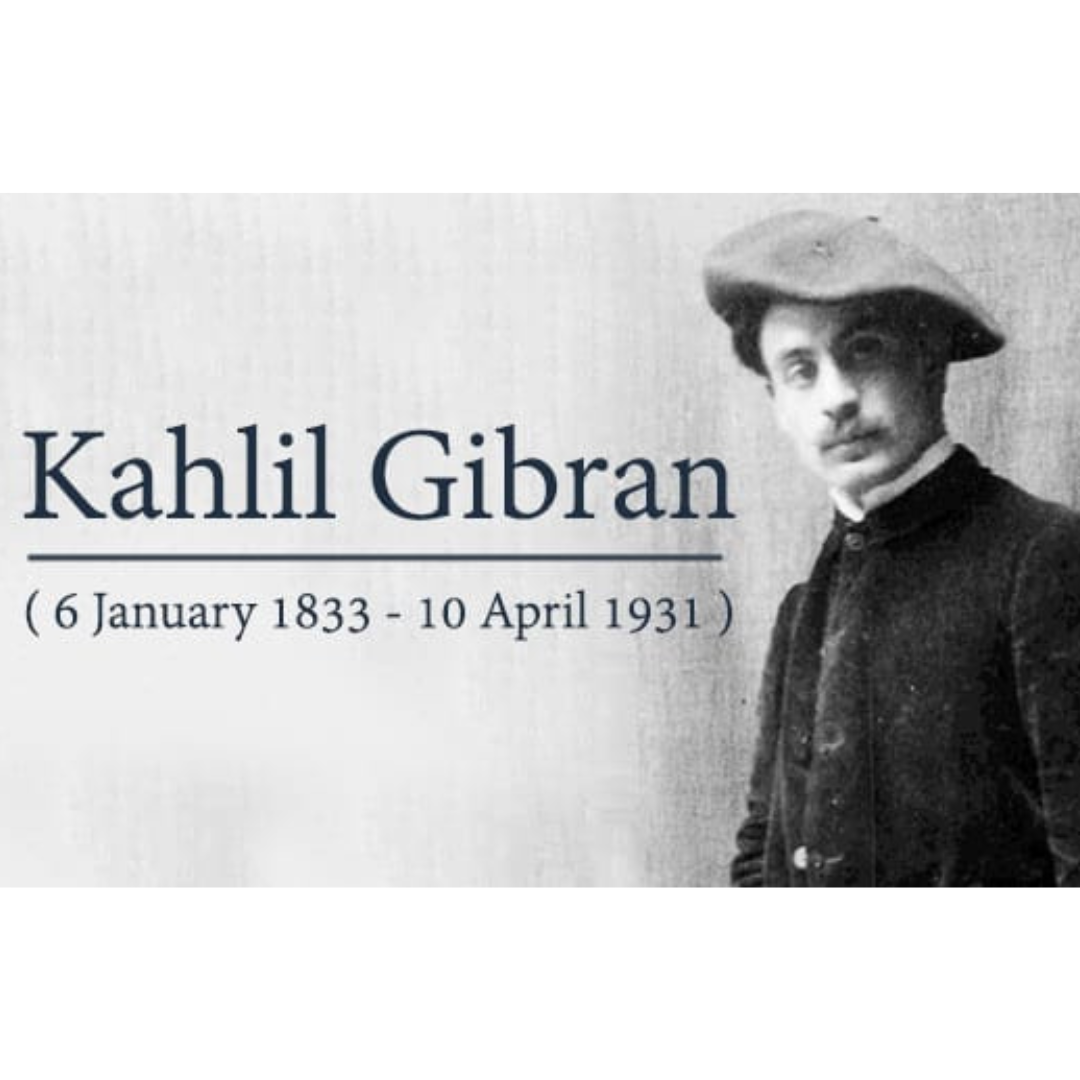Kahlil Gibran was a Lebanese-American poet, writer, and artist born on January 6, 1883, in Bsharri, a mountainous village in northern Lebanon. He was the son of a poor family and had a difficult childhood marked by poverty and political turmoil in the region. At the age of 12, he emigrated with his àà to the United States and settled in Boston, where he began to study art and literature.
In Boston, Gibran became part of a community of artists and intellectuals who were interested in Eastern spirituality and philosophy. He was influenced by the works of William Blake, Percy Bysshe Shelley, and other Romantic poets, as well as by the teachings of Sufi mystics and Hindu philosophers. In 1923, Gibran published his most famous work, "The Prophet," a collection of philosophical essays in poetic form that explores themes such as love, friendship, death, and the meaning of life. The book became an instant classic and has been widely translated and published in many languages. It remains one of the best-selling books of poetry in the world today.
Throughout his life, Gibran continued to write, publish, and exhibit his artwork. He was a celebrated figure in the Arabic-speaking world and was known for his lyrical and spiritual writing style. He died of cirrhosis of the liver on April 10, 1931, at the age of 48.
Despite his relatively short life, Kahlil Gibran left a lasting legacy as one of the most important poets and writers of the 20th century. His works continue to be widely read and admired for their wisdom, beauty, and insight into the human condition. In addition to his writing and artwork, Gibran was also known for his activism and political views. He was a passionate advocate for independence and self-determination for the Arab people, and he was a vocal critic of colonialism and imperialism.
In the early 20th century, Gibran lived in New York City and became involved in the city's thriving Arab-American community. He was a co-founder of the Pen League, a group of Arab-American writers and intellectuals who sought to promote Arabic literature and culture in the United States. He was also a member of the First Arabic literary society in New York.
Gibran's works have had a profound influence on Arabic literature and culture, and his ideas have been embraced by people around the world. He is often compared to other great poets and writers such as Rumi, Pablo Neruda, and Walt Whitman, and his writing style has been described as a blend of Eastern spirituality and Western Romanticism.
In addition to "The Prophet," Gibran's other important works include "Broken Wings," a play about love and heartbreak; "Spiritsĺ Rebellious," a collection of poems and essays about freedom and independence; and "Jesus, the Son of Man," a book that explores the life and teachings of Jesus Christ from a spiritual and philosophical perspective.Today, Kahlil Gibran's legacy continues to inspire new generations of artists, writers, and thinkers, and his works remain as relevant and inspiring as ever.














0 Comments